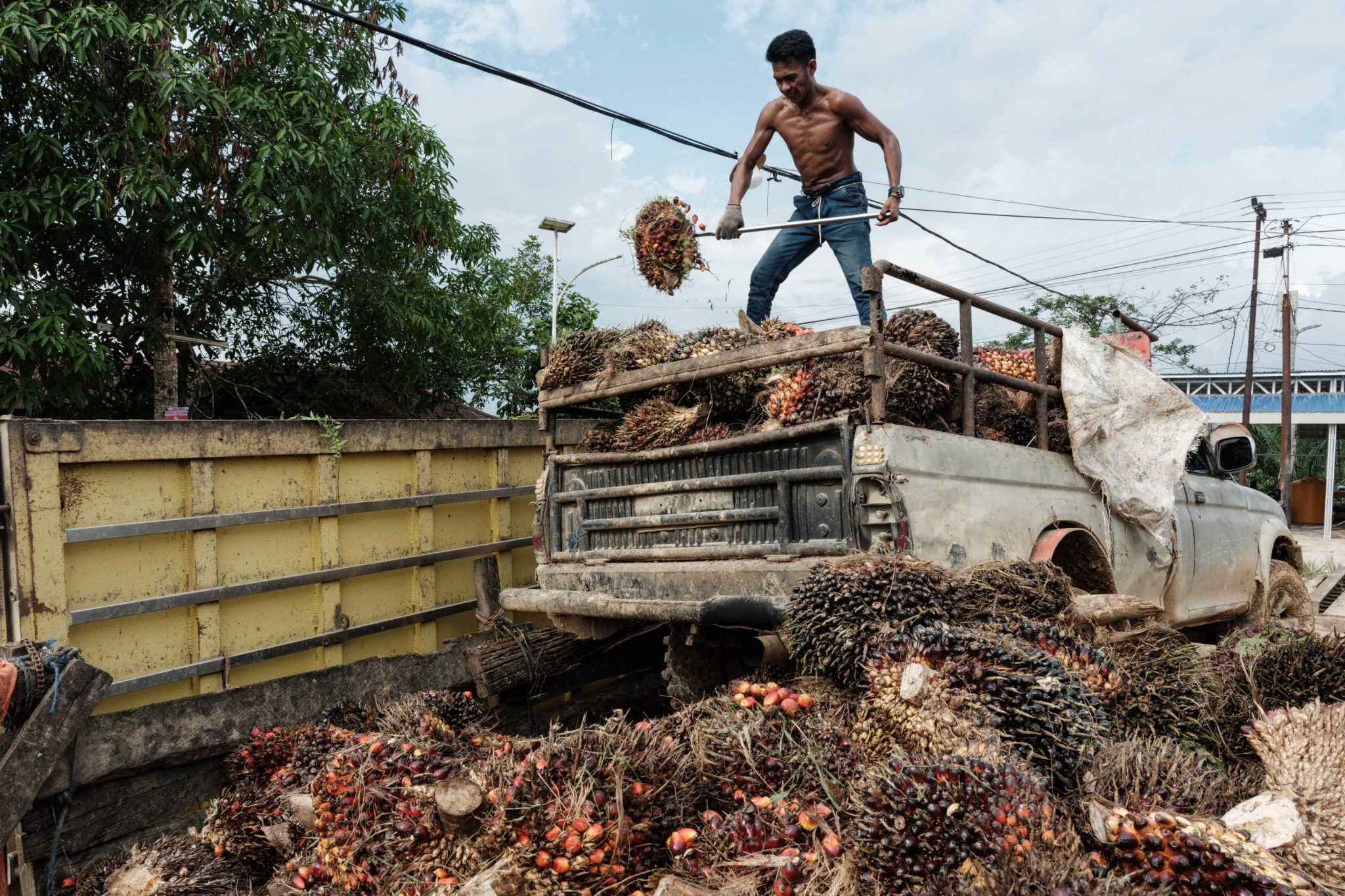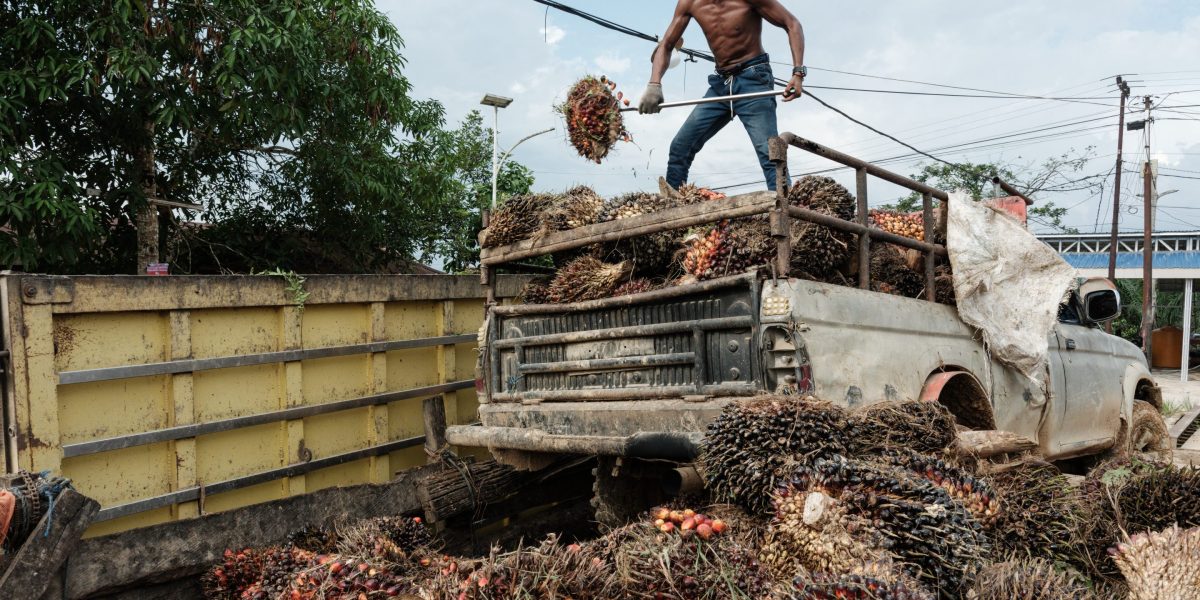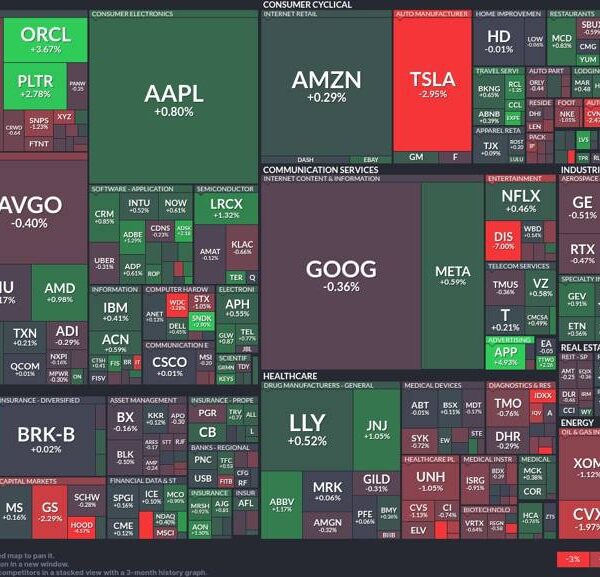
Wilmar International, the Singapore-based agrifood giant, has handed over 11.9 trillion Indonesian rupiah ($729 million) to Indonesia as a “security deposit,” related to misconduct allegations over palm oil export permits. Wilmar’s shares dropped by 3% on the news, reaching their lowest point in a decade.
Wilmar generated $67.4 billion in revenue last year, a 0.3% increase year-on-year. The agrifood giant earned $1.2 billion in annual profit, meaning its $729 million “security deposit” is equal to about 60% of Wilmar’s entire 2024 net income.
Indonesian prosecutors accuse Wilmar of bribing officials to obtain the permits in 2022, during a national cooking oil shortage. While an Indonesian court cleared Wilmar and two other companies in March, the three judges behind the ruling were arrested on graft charges a month later.
Indonesia’s Attorney General’s Office claims that corruption tied to these export permits cost the state 12.3 trillion rupiah ($755 million).
On Tuesday, Wilmar claimed that “all acts carried out by [Wilmar] during this period in relation to the export of cooking oil was done in compliance with prevailing regulations.” Wilmar will get its “security deposit” back if Indonesia’s Supreme Court upholds the acquittal–but will forfeit the money if it loses the case.
“Wilmar paid for the state losses they caused,” a senior official from Indonesia’s AGO said at a Tuesday press conference.
Indonesia accounts for about 60% of global palm oil supply. Crude palm oil is a major ingredient in food products and household goods. In response to a cooking oil shortage in late 2021 and early 2022, Indonesia imposed strict export restrictions on palm oil, including a three-week-long export ban, in order to preserve local supply and rein in rising prices.
Wilmar is one of the world’s largest owners of oil palm plantations, with a total planted area of over 230,000 hectares. It’s one of the region’s largest companies, ranked No. 4 on Fortune’s Southeast Asia 500; it’s also one of the few companies in the region to make it onto the Global 500, Fortune’s ranking of the world’s largest companies by revenue.
Two-thirds of Wilmar’s oil palm plantations are in Indonesia. Besides palm oil and cooking oil, Wilmar also produces other food products like rice, noodles and margarine for global markets.














